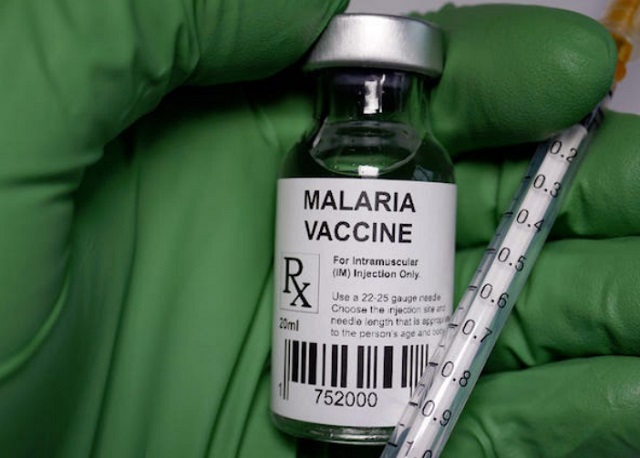
Kampala, Uganda | THE INDEPENDENT | Twelve countries across different regions in Africa are set to receive 18 million doses of the first-ever malaria vaccine over the next two years. According to the latest statement by the World Health Organisation (WHO), the allocations have been determined through the application of the principles outlined in their framework for allocation of limited malaria vaccine supply that prioritizes the areas of highest need, where the risk of malaria illness and death among children are highest.
Since 2019, Ghana, Kenya, and Malawi have been delivering the malaria vaccine through the Malaria Vaccine Implementation Programme (MVIP), coordinated by WHO where they have administered the drug to more than 1.7 million children in the study setting. Since approval for general use, at least 28 African countries have expressed interest in receiving the malaria vaccine.
However, according to the statement, the initial 18 million dose allocation will go to nine countries, including Benin, Burkina Faso, Burundi, Cameroon, the Democratic Republic of the Congo, Liberia, Niger, Sierra Leone, and Uganda which are to introduce the vaccine into their routine immunization programs for the first time.
This allocation round makes use of the supply of vaccine doses available to Gavi, Vaccine Alliance via UNICEF ame the first doses are expected to arrive in countries during the last quarter of 2023, with countries starting to roll them out by early 2024.
“This vaccine has the potential to be very impactful in the fight against malaria, and when broadly deployed alongside other interventions, it can prevent tens of thousands of future deaths every year,” said Thabani Maphosa, Managing Director of Country Programmes Delivery at Gavi, the Vaccine Alliance.
Malaria remains one of Africa’s deadliest diseases, killing nearly half a million children under the age of 5, and accounting for approximately 95% of global malaria cases and 96% of deaths in 2021. Data by UNICEF shows nearly every minute, a child under 5 years old dies of malaria and the UN organization’s Associate Director of Immunization Ephrem T. Lemango says for a long time, these deaths have been preventable and treatable; but the roll-out of this vaccine will give children, especially in Africa, an even better chance at surviving.
So far, however, there is still a very limited supply of the drug. According to estimates by WHO, annual global demand for malaria vaccines is estimated at 40–60 million doses by 2026 alone, growing to 80–100 million doses each year by 2030. In addition to the RTS, S/AS01 vaccine, developed and produced by GSK, and in the future supplied by Bharat Biotech, it is expected that a second vaccine, R21/Matrix-M, developed by Oxford University and manufactured by Serum Institute of India (SII), could also be prequalified by WHO soon.
****
URN
 The Independent Uganda: You get the Truth we Pay the Price
The Independent Uganda: You get the Truth we Pay the Price



 Who is Pope Leo XIV?
Who is Pope Leo XIV?